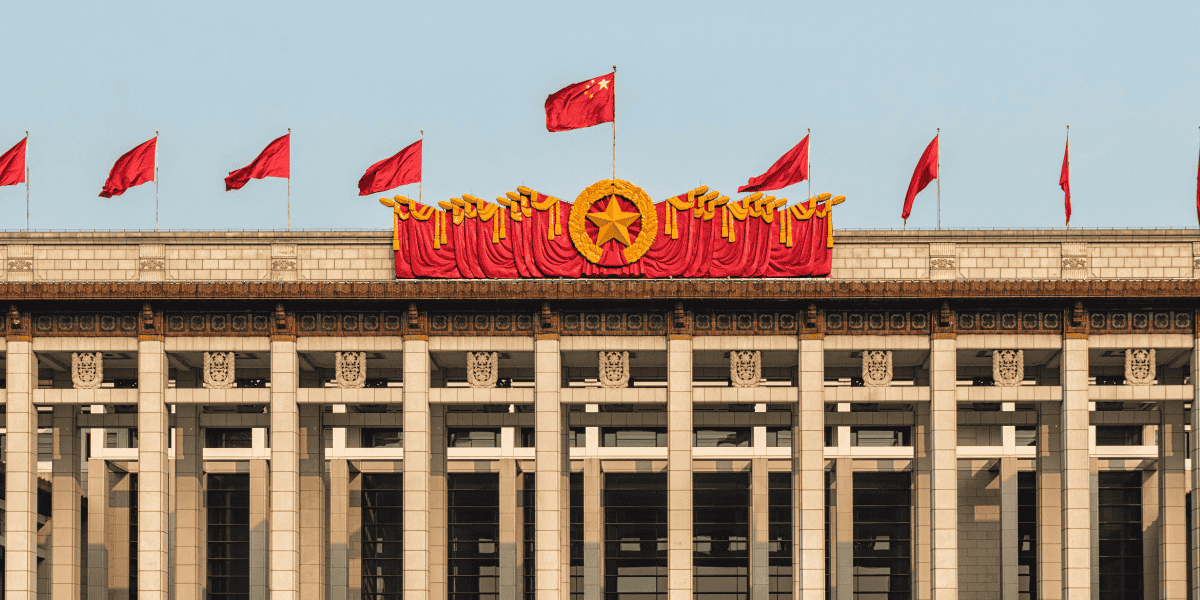On 6 August 2019,, China announced that it has added the Lingang area to the China (Shanghai) Pilot Free Trade Zone (FTZ) to enhance investment and advance trade liberalization with plans to replicate the concept nationwide, senior officials said. The new area will cover 119.5 square kilometers, according to the plan for the area, issued by the State Council.
Mr. Wang Shouwen, the Vice-Commerce Minister said the new area will facilitate investment and operations, free import and export of goods, ease fund flows and open transportation and convenient access to information with offshore markets.
Under the plan, the Lingang area will have a relatively mature institutional system of investment and trade liberalization and facilitation by 2025. By 2035, it will be built into a special economic zone with strong global market influence and competitiveness, helping China further integrate with the global economy.
To ensure smooth business development, Wang said the government will form a comprehensive risk management system from different dimensions including supervision and border security to improve the nation’s capability of risk prevention and control in the zone. For companies in the zone in key industries – such as integrated circuits, artificial intelligence, biomedicine and civil aviation – the business income tax rate will be 15 percent within 5 years of establishment.
Such an arrangement will help foster and develop advanced technologies and drive the development of relevant areas, said Chen Yin, executive vice-mayor of Shanghai. “We will continue to explore incentive policies related to individual income taxes of overseas talent, and will actively explore tax policies for investment and financing, as well as free trade accounts,” Chen said.














